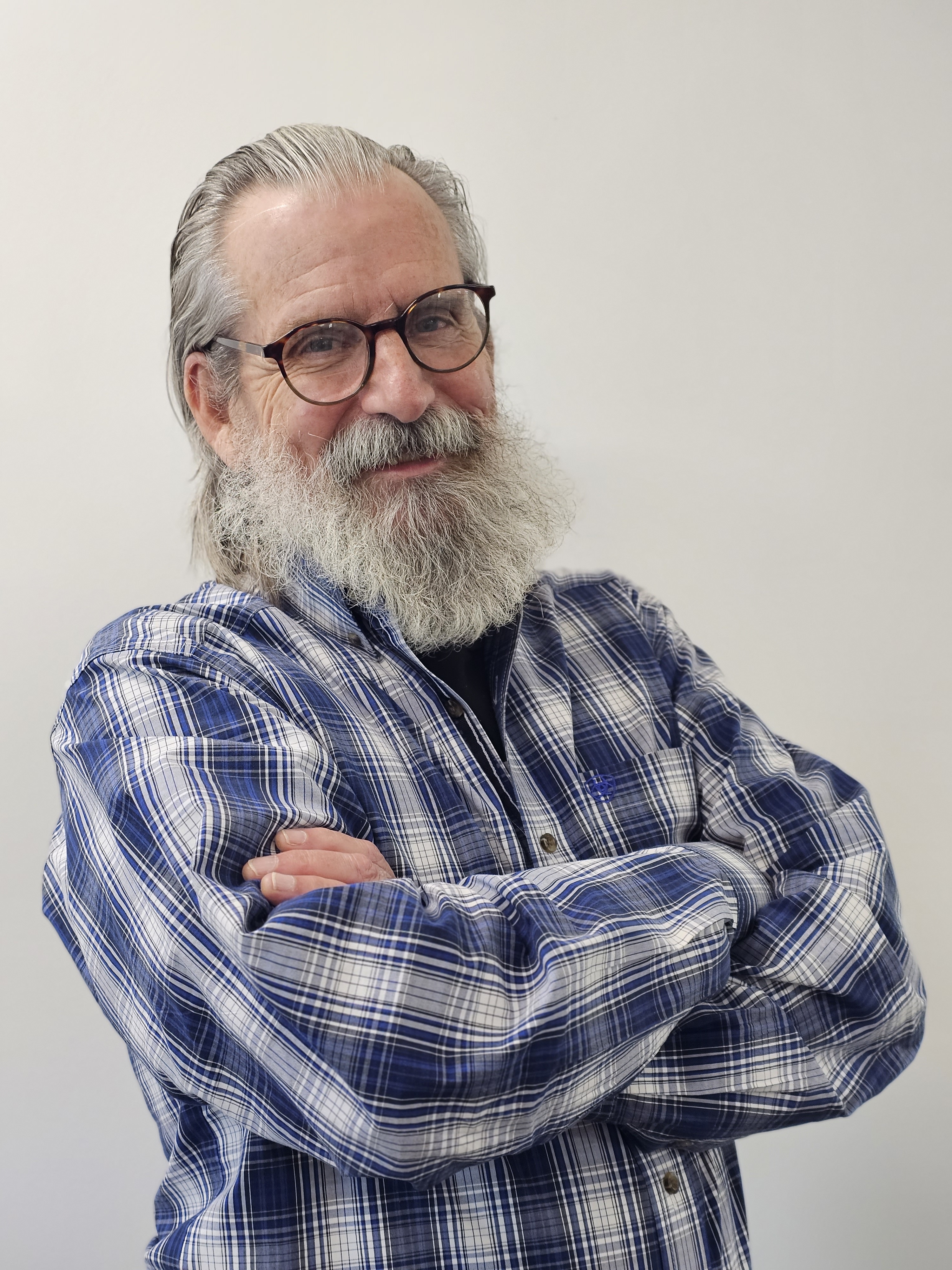Alternate Regional Directors
Daniel D. Sumrok, MD, FAAFP, ABPM, ABAM, DFASAM
Biography

Daniel D. Sumrok, MD, FAAFP, ABPM, ABAM, DFASAM began his medical career as a US Navy Hospital Corpsman during the Vietnam War and while in uniform became trained as a nurse, a PA , and a physician. As an Army officer and later as a US Public Health Services officer, his residency, trained first as an OB-GYN in rural West Virginia and later with the Indian Health Service in Arizona, focusing master's work on epidemiology and the public health of indigent and underserved mothers.
Dr. Sumrok also trained and became board-certified in family medicine at Marshall University where he continued to focus on issues regarding infant mortality and community approaches to obstetrics care. In 1980, as a medical student, Dr. Sumrok wrote some of the first work in the US concerning a new diagnosis described in the DSM 3 as post-traumatic stress disorder and began to tie psychological trauma and adrenergia to substance use disorders.
In the 1990s, Dr. Sumrok began treating addictions and was in the first group of 106 North American physicians certified by the American Board of Addiction Medicine. He trained in Boston at the Harvard-affiliated hospitals for over a year's time before also becoming SA国际传媒certified.
At the University of Tennessee where he served from 1991 to 2022, he established the Addiction Science Center and in 2017 it was recognized as the first US Center of Excellence for training physicians in addictions care.
Dr. Sumrok retired from UT in 2022 and worked as a medical director for Bradford Health Services treating impaired professionals as well as Medicaid women at Cornerstone and Steppingstones. Today, Dr. Sumrok is a regional Medical Director for Landmark Recovery supervising residential addiction care in 12 facilities in 9 states and using a model leveraging the power of telehealth to reach populations from the great tribes of the US west to Medicaid populations from coast to coast.
His favorite topic is talking about and understanding the neurobehaviors of substance use disorders as consequences of trauma.
